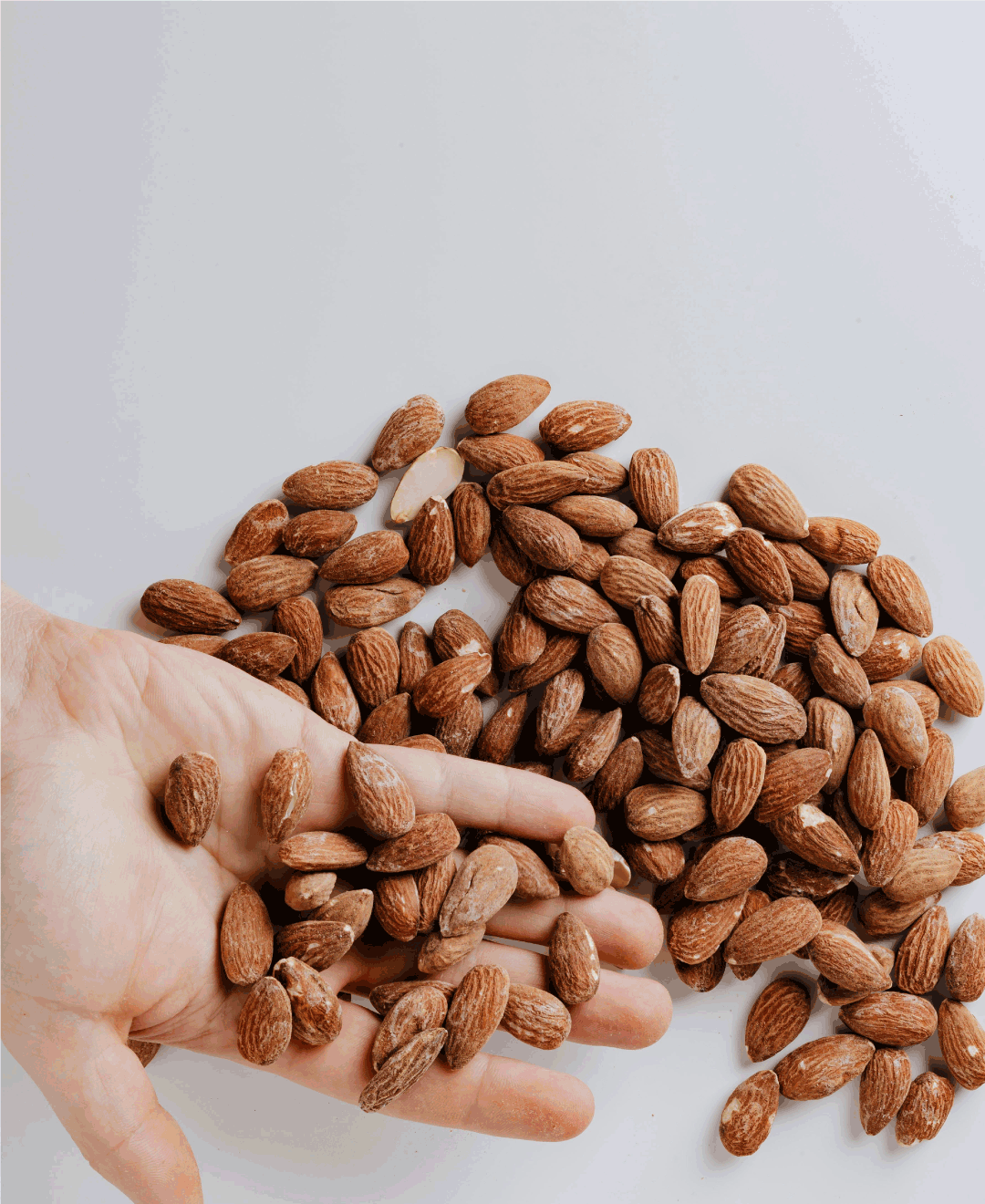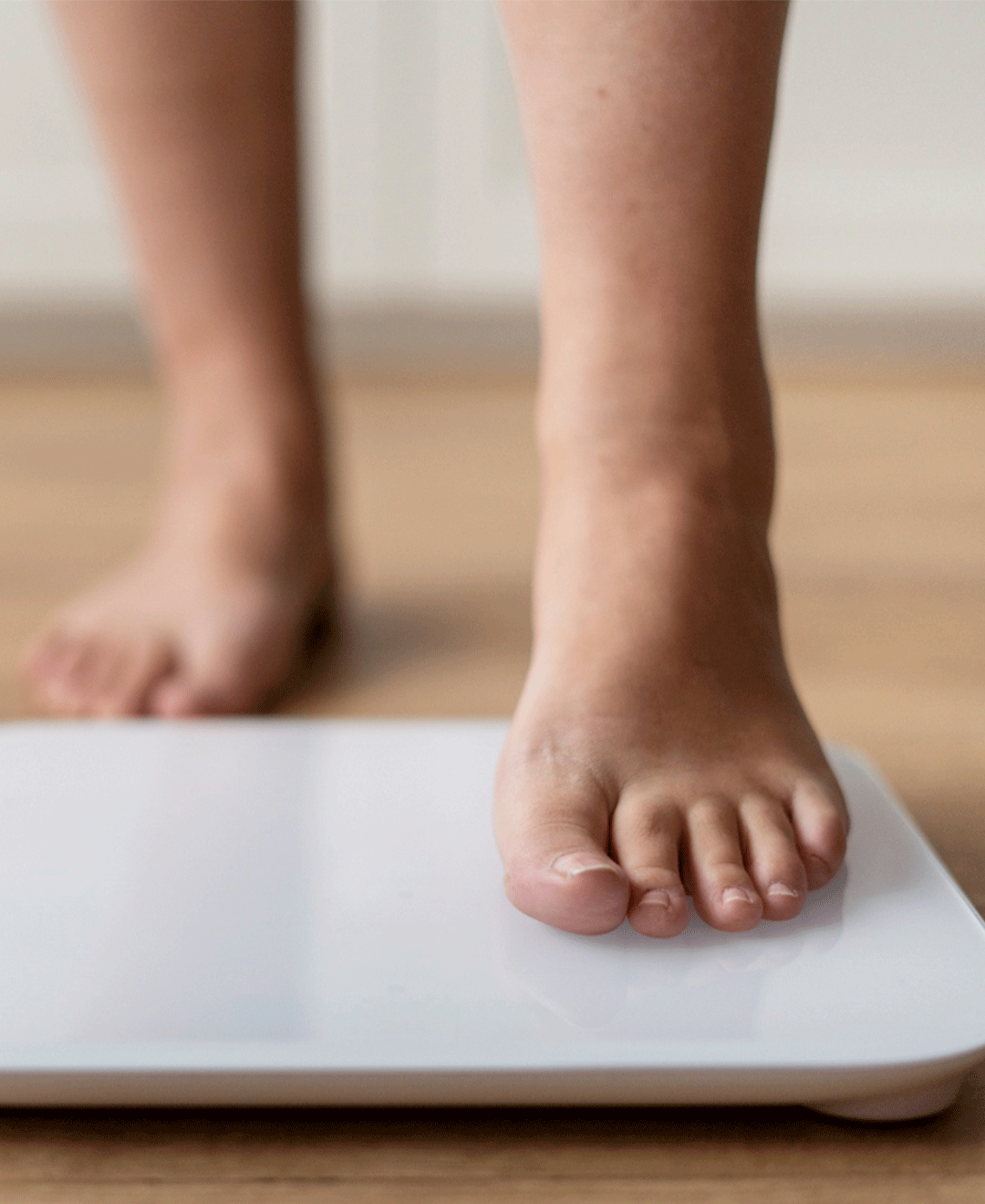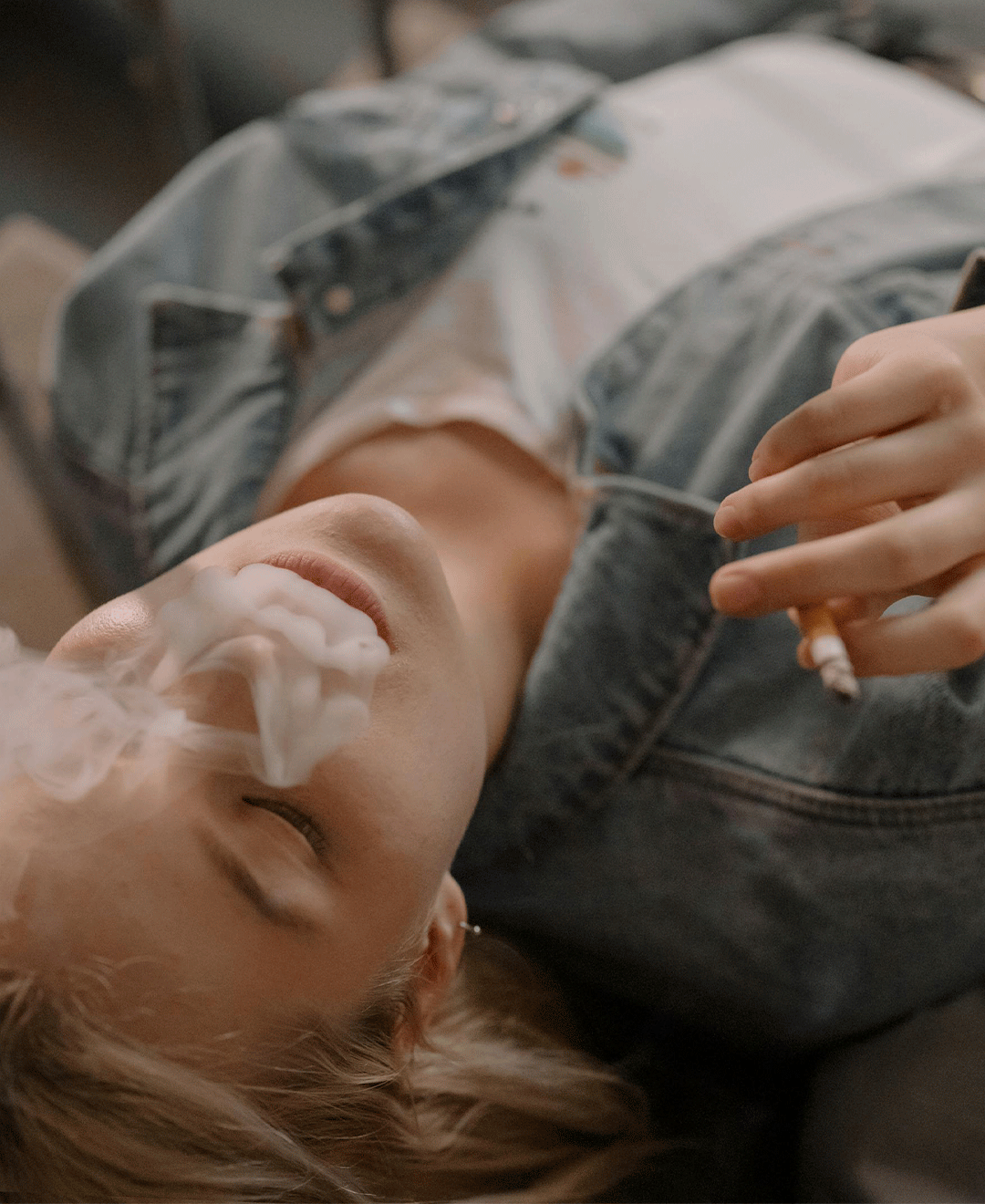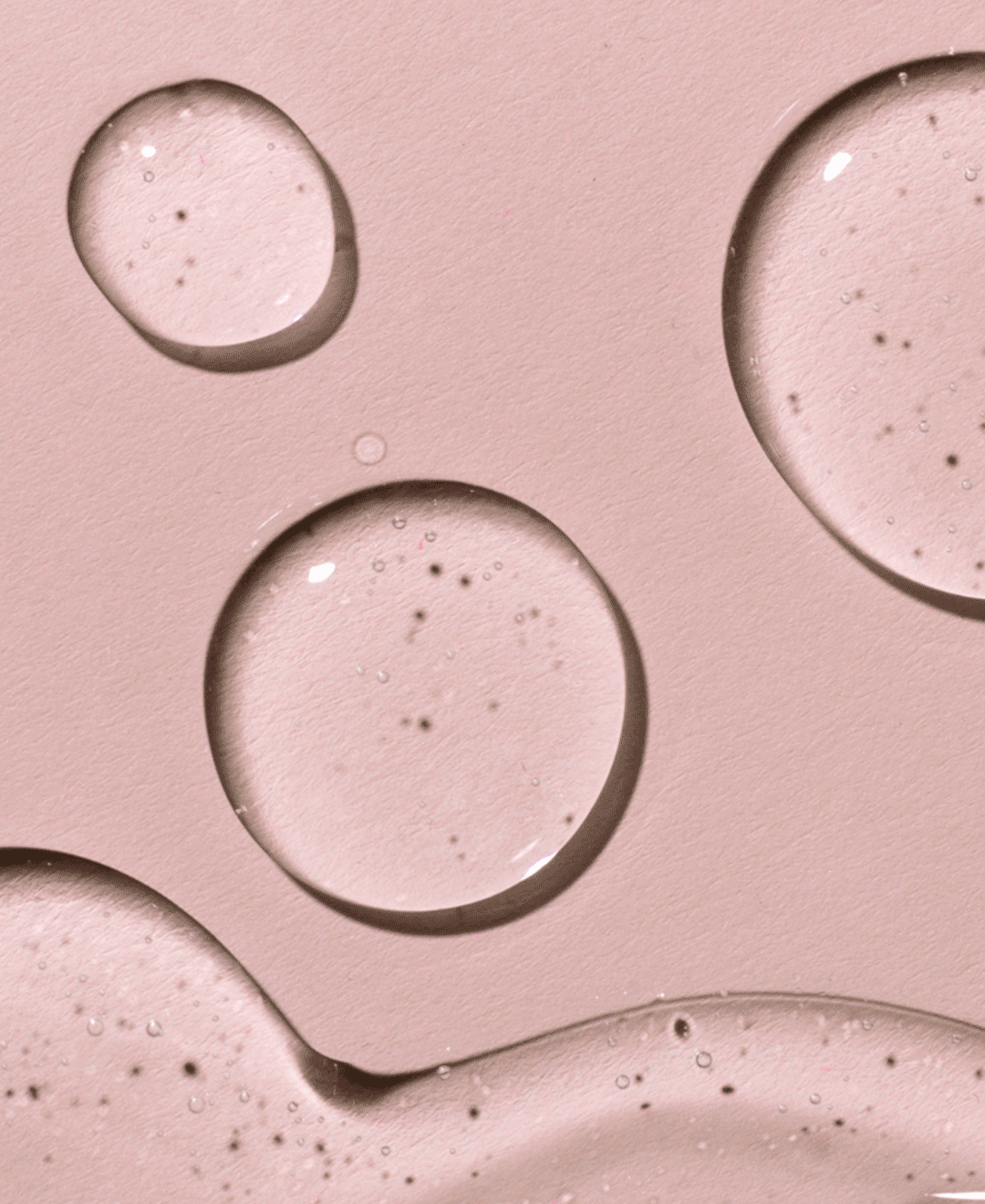
Scary Skin-Care Habits (Part I)
October is the official horror month! And that’s why we’ve decided to show you some scary skin-care habits that are commonly practiced and promoted on the internet despite how harmful they are. Stay we us and discover 3 “beauty practices” that can actually make your skin more Halloween-like all year long:
1. Using peel-off face masks:
These are well-known for their “immediate effects” and how satisfying it can be for some people to remove the mask and discover what they perceive to be skin impurities. In fact, using a peel-off mask can often alter the function of the protective barrier, which can damage the skin, leading to dryness, irritation, increased sensitivity, and even acne breakouts; pulling on the skin repeatedly can reduce its elasticity and result in flaccid skin.
Peel-off masks effectively remove dead cells and superfluous blackheads from the skin’s surface, but also remove hair, healthy skin cells, and sebaceous filaments (the normal skin structure often confused with blackheads). Unnecessary and harsh removal of healthy skin cells and sebaceous filaments can lead to inflammation and scarring.
What alternatives are there? You should exfoliate the epidermis using safe and effective products or techniques, such as the use of scrubs, microdermabrasion, and peels with specific ingredients for your skin type if you want to clear out impurities and dead cells that have accumulated there. Get in touch with A&WC for information about our facials and microdermabrasion services.
2. Using lip scrubs:
When thinking about healthy lips, we all want soft, hydrated lips, not dry, chapped lips. This purpose often leads many to choose to use a scrub to exfoliate their lips, believing that it will have the desired effect. Have you ever seen videos on social media promoting different brands and types of lip scrubs and even those “homemade” ones in which sugar and honey are involved? Well, here we are going to explain why exfoliating lips is not a good idea.
The principle behind exfoliating is to remove impurities and excess stratum corneum (the epidermis’s outermost layer). As a result of this deep cleansing, the skin becomes smoother and more luminous. When it comes to our lips, they have significantly less stratum corneum than the rest of the body. Lips are composed of skin, semi-mucosa, and mucosa; the stratum corneum disappears in the most mucous areas. What happens when we exfoliate our lips with this in mind? They will become dehydrated. They will become dehydrated, irritated, and small injuries may appear, resulting in cracking lips.
If your lips are dry and chapped, they do not need exfoliation but hydration. Do not forget to use SPF protection on your lips. Remember lips are much more delicate than the skin on the rest of the face and body. Exposure to UVA and UVB rays can damage your lips and weaken collagen. Do you want dreamy lips? Include moisturizing and lip care in your daily routine. At A&WC, lip blushing is available as an additional aesthetic touch to enhance the beauty of your lips.
3. Popping or squeezing a pimple:
Everyone experiences facial acne at some point in their lives, but acne doesn’t have to be there. It can happen for a variety of reasons, including habits like using the wrong skin care products and medical conditions like hormonal imbalances. Although many find it to be a satisfying feeling, popping or squeezing pimples is harmful to our skin.
Skin irritation and infection can occur when a pimple is poked, squeezed, or pricked with hands (often without gloves) or other artifacts, and the injured area is likely to leave marks, scars, or post-inflammatory hyperpigmentation. These side effects are more difficult to treat than pimples and last much longer.
If you have acne, fighting it will only make it worse. If this is the case, consult a dermatologist to determine the best course of action. Acne is a skin disease that requires treatment; there is no single treatment that is appropriate for the condition’s characteristics, skin type, age, and so on.
It is better to prevent the appearance of pimples than to treat them. To reduce your risk of acne:
- Have a proper morning and night cleaning routine.
- It is important to use skin care products and/or makeup that are non-comedogenic, so as not to clog the pores.
If a pimple already exists, there are things we can do to make it go away quickly. Follow the advice of trusted health professionals for products that reduce inflammation, fight infection, and promote skin repair. Some recommended active ingredients are salicylic acid, benzoyl peroxide, dapsone, niacinamide, azelaic acid, or retinol. Learn more about our anti-acne facial treatments at A&WC.





